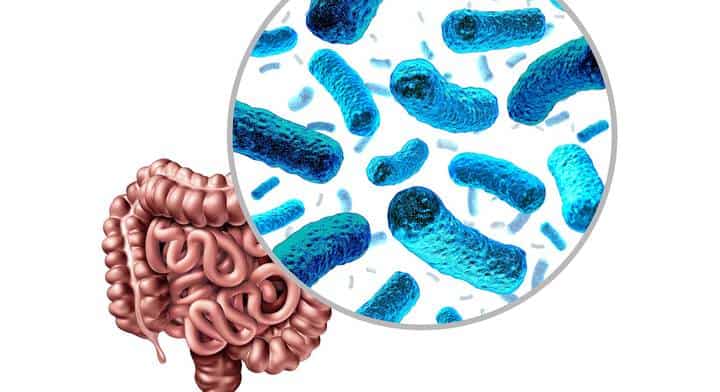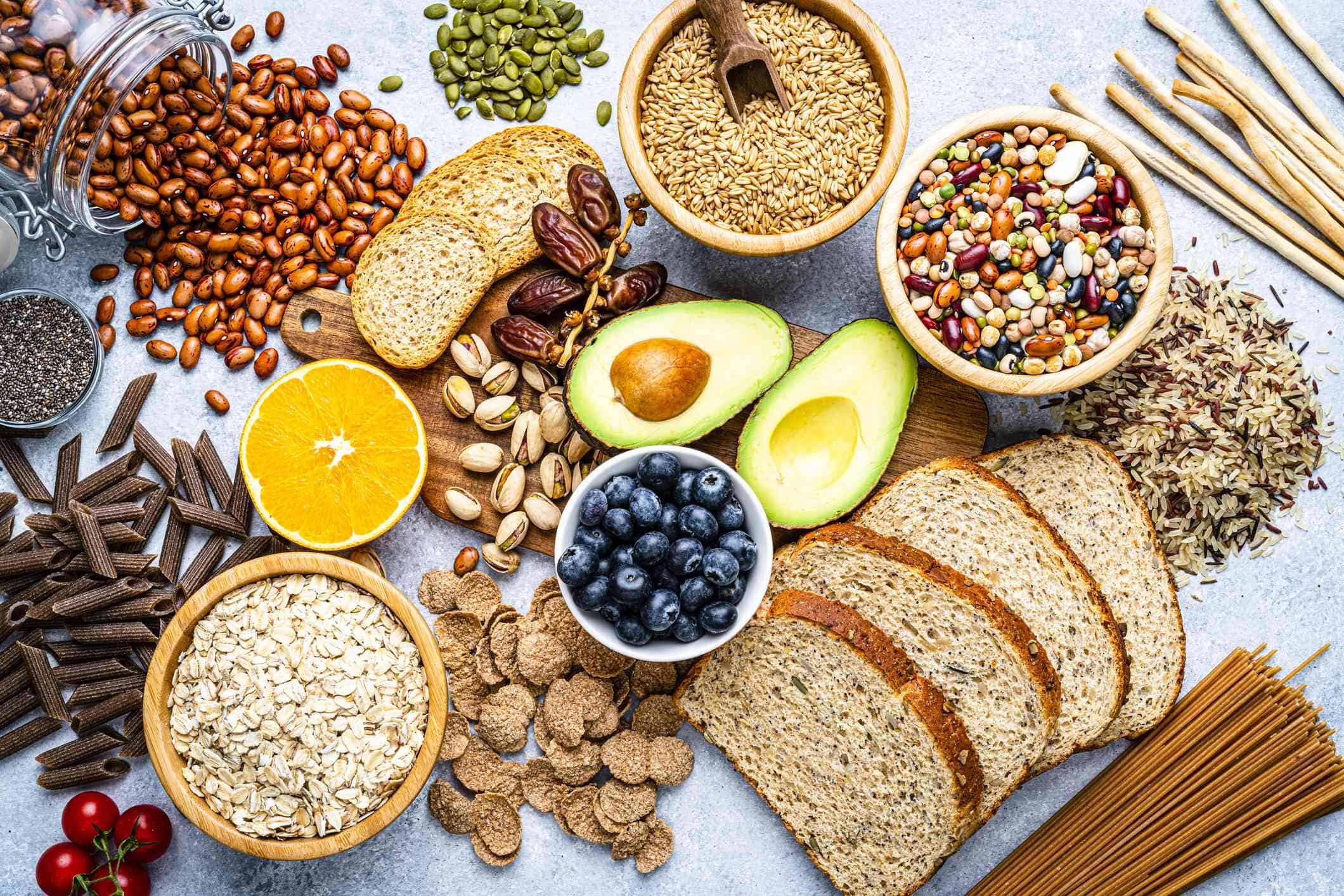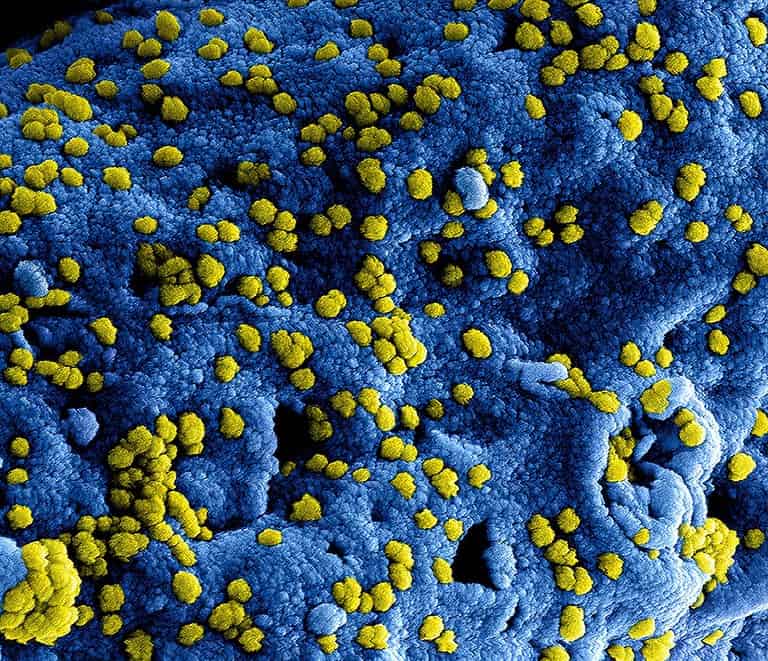How Much Does the Microbiome Weigh: A Gut Health Guide
Our gut is a habitat for countless microorganisms known as the intestinal microbiota; these microbes play a crucial role in maintaining our overall health and well-being. You may be asking, how much does the microbiome weigh?
In this blog post, we will explore the weight and composition of these tiny yet powerful organisms within our bodies. We’ll also discuss how important it is to maintain a balanced gut microbiome and some potential consequences if an imbalance occurs.
As you read on, you’ll learn about addressing gut microbiome imbalances through diet changes or supplementation by incorporating probiotic-rich foods or choosing appropriate supplements. Furthermore, we’ll delve into personalized diets based on individual microbial makeup – understanding how they work and their benefits for your unique needs.
Last but not least, discover the critical role fiber plays in maintaining a healthy gut microbiome by examining various types of fibers available from different sources. You will also learn about their connection with disease prevention as part of answering “How much does the microbiome weigh?”
Table of Contents
- The Weight and Composition of the Human Microbiome
- Addressing Gut Microbiome Imbalance through Diet Changes or Supplementation
- Personalized Diets Based on Individual Microbial Makeup
- Role of Fiber in Maintaining a Healthy Gut Microbiome
- FAQs in Relation to How Much Does the Microbiome Weigh
- Conclusion
The Weight and Composition of the Human Microbiome
The human microbiome is a complex ecosystem of trillions of microorganisms living in and on our bodies, weighing between 2-6 pounds. The proportion of bacteria to human cells is roughly 10:1, with the majority being beneficial probiotic strains. A healthy composition should be around 80% “good” probiotic bacteria and only 20% “bad” pathogenic bacteria. Source
Source
Importance of maintaining a balanced gut microbiome
A balanced gut microbiome has numerous benefits for your body, including:
- Supporting digestion and nutrient absorption.
- Boosting immune system function.
- Maintaining mental health through the production of neurotransmitters like serotonin.
- Reducing inflammation throughout the body.
- Fighting against harmful pathogens that can cause illness or infection.
Consequences of an imbalanced gut microbiome
An imbalance in your gut microbes (known as dysbiosis) can lead to various negative effects on your health, such as:
- Inflammatory bowel diseases (IBD), including Crohn’s disease and ulcerative colitis.
- Irritable bowel syndrome (IBS).
- Allergies.
- Obesity and metabolic syndrome.
- Mental health issues such as anxiety, depression, and even autism spectrum disorder (ASD).
Addressing Gut Microbiome Imbalance through Diet Changes or Supplementation
To improve overall health, it’s essential for individuals to take steps towards balancing their gut microbes through diet changes or supplementation with high-quality probiotics products available today. There are several options when choosing these supplements, including different strains targeting specific conditions, so it’s important for consumers to do research before making any decisions.
Probiotic-rich Foods for a Healthier Gut
Incorporating foods that are abundant in probiotics into one’s diet can be beneficial for keeping a harmonious equilibrium of microorganisms, both helpful and detrimental, within the digestive system. Some examples of these foods include:
- Yogurt: Look for yogurt containing live cultures such as Lactobacillus acidophilus and Bifidobacterium lactis.
- Kefir: A fermented milk drink that contains multiple strains of beneficial bacteria and yeast.
- Sauerkraut: Fermented cabbage rich in lactic acid-producing bacteria, which supports digestive health.
- Kimchi: A Korean dish made from fermented vegetables like cabbage and radish, providing various strains of helpful microorganisms.
- Miso soup: Made from fermented soybean paste, miso is an excellent source of probiotics, particularly Lactobacillus and Bifidobacterium strains.
Choosing the Right Probiotic Supplement
When selecting a probiotic supplement, consider the following factors:
- Strain specificity: Different strains of bacteria have unique benefits. Look for products containing well-researched strains like Lactobacillus acidophilus.
- Potency: The effectiveness of a probiotic depends on its colony-forming units (CFUs). Choose supplements with at least 1 billion CFUs per serving to ensure an adequate dose.
- Purity and quality: Opt for reputable brands that guarantee their products are free from contaminants and meet established quality standards.
- Fridge or shelf-stable options: Some probiotics require refrigeration to maintain potency, while others can be stored at room temperature. Check the label for storage instructions before purchasing.
Personalized Diets Based on Individual Microbial Makeup
Recently, there has been a heightened focus on exploring the distinctive microbial composition of each person and how it affects their health. One such project that aims to create personalized diets based on an individual’s specific needs is ZOE, founded by Tim Spector and Jonathan Wolf. By analyzing stool samples alongside blood fat glucose responses to certain foods, ZOE can identify the best-suited diet plan for each person, ultimately helping them achieve optimal wellness on a long-term basis.
How Personalized Diet Plans Work
The process of creating a personalized diet plan begins with collecting data about an individual’s gut microbiome through at-home testing kits provided by companies like ZOE. These kits typically include instructions for collecting stool samples as well as tools needed for blood tests. Once the samples are submitted, ZOE and other companies analyze your gut microbes alongside genetic data, lifestyle habits, and dietary choices to craft a customized nutrition strategy tailored to you.
These personalized plans often provide recommendations regarding which types of foods you should consume more or less frequently based on your unique microbial composition. They may also suggest adjustments in portion sizes or meal timings depending on your body’s response to different nutrients.
Benefits of Understanding Your Unique Microbial Makeup
- Better Digestion: A diet customized according to your gut microbiome can help improve digestion by promoting the growth of beneficial bacteria while reducing harmful ones.
- Disease Prevention: Research suggests that maintaining a healthy balance between good and bad bacteria in our guts may play a role in preventing chronic diseases like obesity, diabetes, heart disease, etc.
- Improved Mental Health: There is a growing body of evidence that suggests a link between gut health and mental well-being. A personalized diet plan based on your microbiome may help improve mood, reduce stress levels, and promote overall mental wellness.
- Better Weight Management: Since each individual’s gut microbes react differently to various foods, understanding how your body processes certain nutrients can be helpful in achieving weight loss goals or maintaining a healthy weight over time.
Role of Fiber in Maintaining a Healthy Gut Microbiome
The importance of fiber in maintaining a healthy gut microbiome cannot be overstated. Kimberley Wilson, a psychologist and nutritionist, emphasizes the need to consume sufficient amounts of fiber as food for beneficial gut bacteria. This helps them thrive while keeping harmful microbes in check.  Source
Source
Types and Sources of Fiber for a Healthy Gut
Fiber can be classified into two main types: soluble and insoluble. Soluble fiber dissolves in water, forming a gel-like substance that slows digestion, whereas insoluble fiber does not dissolve but adds bulk to stool, promoting regular bowel movements.
- Soluble fiber: Found mainly in fruits like apples, oranges, and pears; vegetables such as carrots and sweet potatoes; legumes like beans and lentils; oats; barley; psyllium husk; flaxseeds.
- Insoluble fiber: Present mostly in whole grains (e.g., brown rice), wheat bran, nuts (almonds), seeds (chia seeds), green leafy vegetables (spinach); certain fruits with skin or peel on them (kiwi).
To ensure you’re getting enough dietary fiber daily basis, it’s important to consume a variety of both types. This will help maintain balanced gut health and support overall well-being long term.
The Connection Between Fiber and Disease Prevention
A diet rich in dietary fibers has been linked to numerous health benefits beyond just supporting optimal gut health. Some of these benefits include:
- Weight loss and management: Fiber-rich foods are generally low in calories, making them ideal for weight loss efforts. Additionally, they help you feel fuller for longer periods, reducing the likelihood of overeating.
- Blood sugar control: Soluble fiber can slow down the absorption of sugar into your bloodstream, helping to maintain stable blood glucose levels – particularly important for individuals with diabetes or at risk of developing it.
- Heart health: Consuming high-fiber foods has been shown to lower LDL cholesterol (the “bad” kind) and reduce the risk of heart disease by promoting healthy circulation.
- Cancer prevention: A diet rich in fibers is associated with a reduced risk of certain types of cancer, such as colorectal cancer, due to its ability to remove waste products from the body efficiently.
FAQs in Relation to How Much Does the Microbiome Weigh
How much does the microbiome weigh?
The average human microbiome weighs approximately 2-6 pounds. This is the combined weight of all bacteria, viruses, fungi, and other microorganisms that live in and on our bodies. The exact heft of the microbiome can differ from individual to person, contingent on their dietary habits, environment, and manner of living.
Regardless of the answer, “How much does the microbiome weigh?” It is essential for sustaining health by controlling digestion, immunity, and metabolism.
How many pounds of microbes are we carrying?
On average, humans harbor around 2.3 pounds of microbial organisms such as bacteria, viruses, fungi, and other microorganisms on their bodies. Microorganisms inhabit our epidermis, oral cavity, and bowels, as well as other bodily regions.
Whatever the answer to the question “How much does the microbiome weigh?” is, know that microbes in our bodies can be advantageous for us, aiding digestion and helping to ward off infection.
Conclusion
In sum, the weight of our microbiomes is an indicator of their importance in sustaining good health. Realizing the significance of its mass can aid us in understanding how essential it is for keeping a healthy body. While we may not be able to measure the exact weight of our individual microbiomes, understanding that they do weigh something helps us recognize their impact on our lives and take steps to maintain a healthy balance within them.
By following simple tips such as eating probiotic-rich foods, avoiding antibiotics when possible, exercising regularly, and managing stress levels effectively, we can ensure that our microbiomes remain strong and support good overall health for ourselves and those around us – no matter how much does the microbiome weigh.
Discover the power of your microbiome and learn how to maintain a healthy balance with Smart Living Now. With our comprehensive resources, you can gain insight into the importance of this microscopic world and discover new ways to support your well-being.







